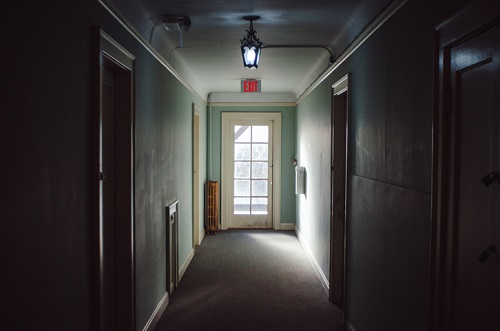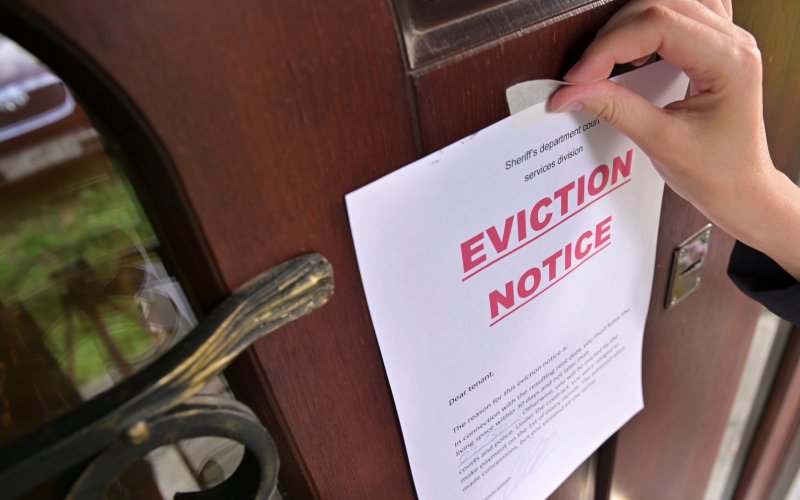Last Updated on October 24, 2023 by Neil Sharma
Paul D’Abruzzo took a tenant to the Landlord and Tenant Board for three months of unpaid rent on an investment property he owned in Whitby, and through mediation—his best option—ended up coughing up a fourth month of rent-free living.
“My tenant sat there in mediation and said she can’t pay rent anymore, and after I asked her to leave she said she had nowhere to go,” said D’Abruzzo, who’s also a broker with Expert Investor Team at Rock Star Real Estate. “I was advised by the mediator that if I go before the board and ask for a standard eviction of 11 days, I’d most likely not get it because the adjudicator is going to sympathize with the tenant and give them 30 days to leave.
“I was footing the bill for someone who can’t afford to pay rent just so that I could get a proper eviction order. One of the risks is that during those 30 days, they could damage the place and once they leave I have no recourse. That was the best deal on the table and I had to take it. I was pushed into a corner and gave a lady 30 days of free rent on top of the three months she owed me from before.”
Bosley Real Estate sales representative Davelle Morrison, herself an investor, says every landlord in Toronto has a similar story to D’Abruzzo’s and the status quo is insufficient. She believes the Landlord and Tenant Board needs to be overhauled.
“It’s creating disincentives for landlords to be in the business and now you have fewer places to rent,” said Morrison, who added many landlords—herself included—rent their properties on Airbnb because the Landlord and Tenant Board have made long-term rentals risky propositions.
“The Landlord and Tenant Board is overweighted to the side of the tenant and that makes it hard for people to become landlords. You have to understand why landlords stopped renting long-term and decided on shorter terms in the first place. It isn’t all for money. If I didn’t have bad experiences with long-term tenants, I never would have turned to Airbnb.”
According to Urbanation, 33% of Toronto’s condo buyers are investor-landlords and Morrison says they need protection since they foot the bills. She recounts a client who sold their investment condo but had to give $7,000-worth of free rent to tenants who also negotiated staying an extra month—which derailed the buyer’s plan to move in.
“If your money is tied up, you have to take a HELOC out to make your mortgage payment,” said Morrison. “My client’s tenant wanted $15,000 to move out, then $10,000. They settled on three months of free rent through formal mediation at the Landlord and Tenant Board.”
Neil Sharma is the Editor-In-Chief of Canadian Real Estate Wealth and Real Estate Professional. As a journalist, he has covered Canada’s housing market for the Toronto Star, Toronto Sun, National Post, and other publications, specializing in everything from market trends to mortgage and investment advice. He can be reached at neil@crewmedia.ca.








